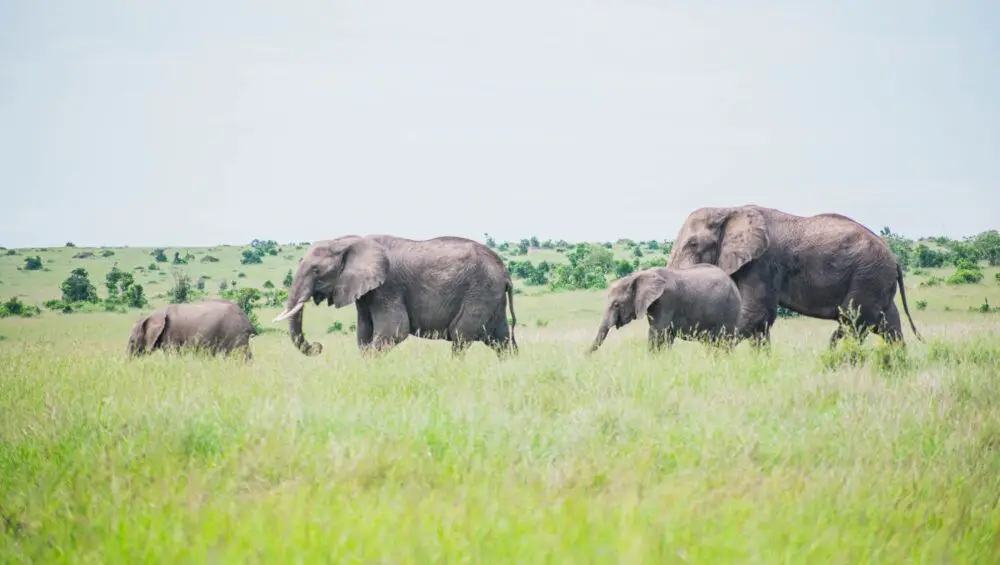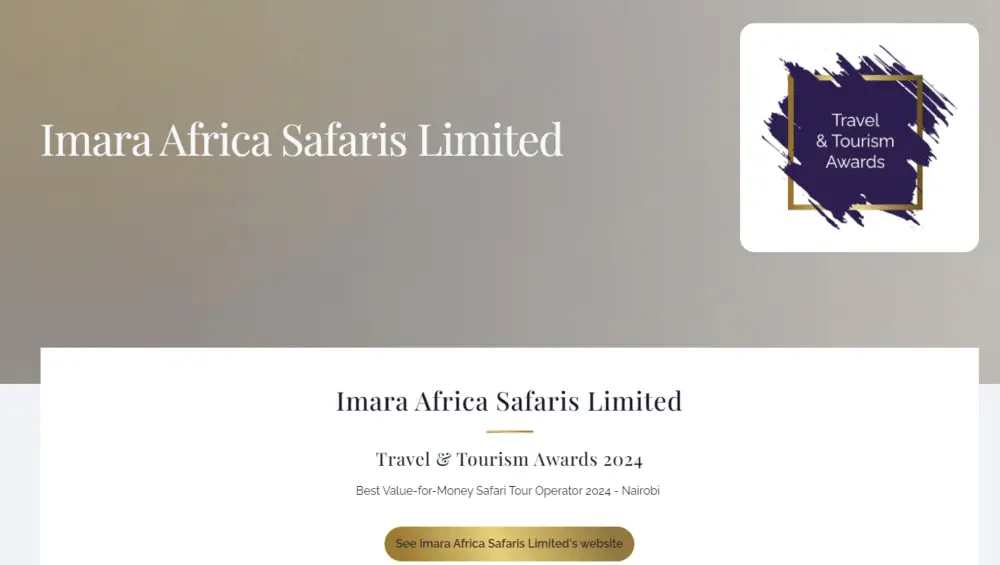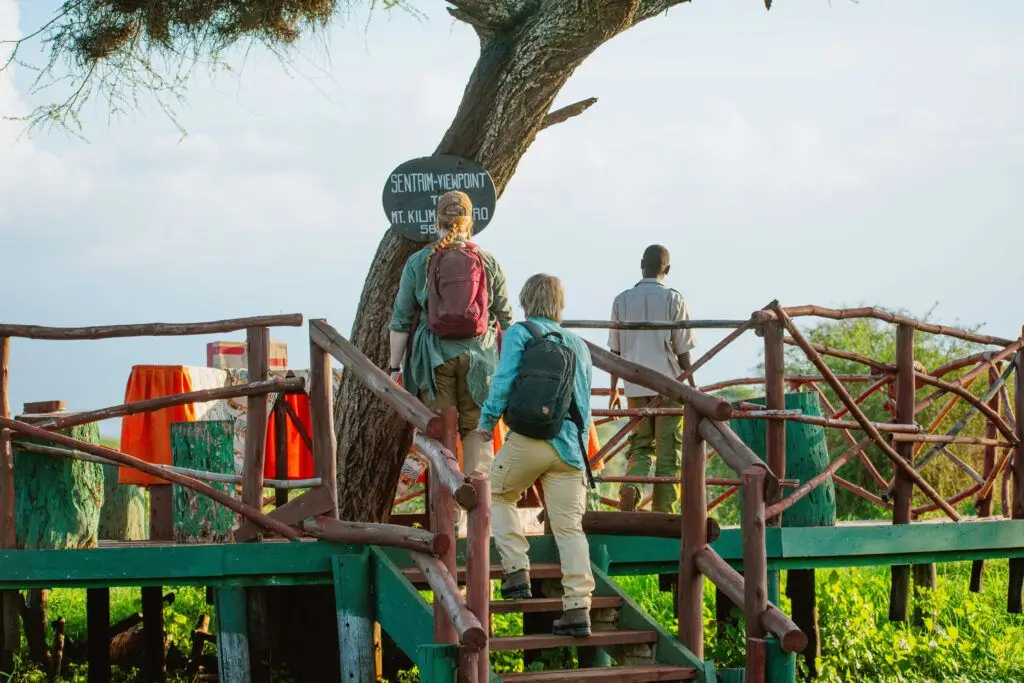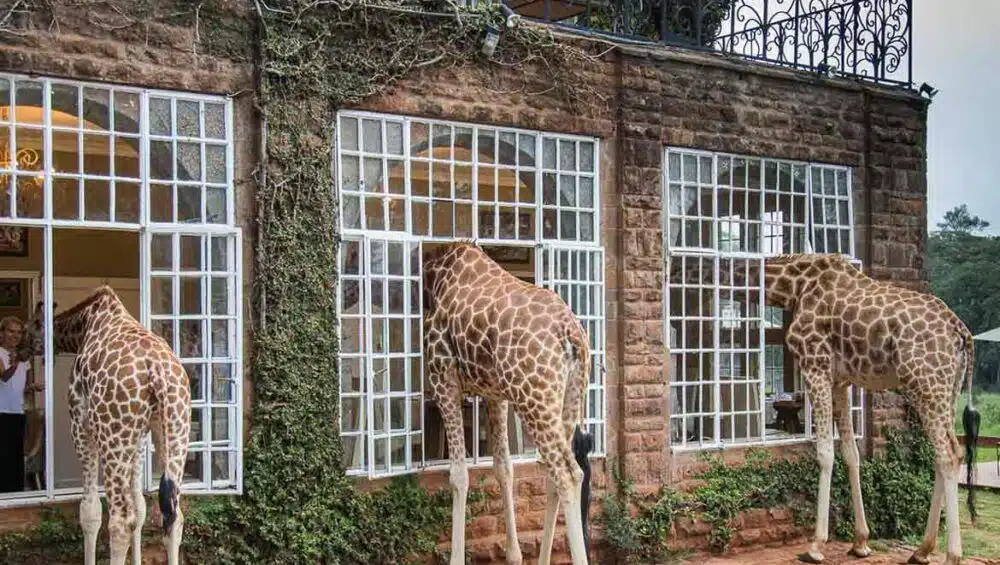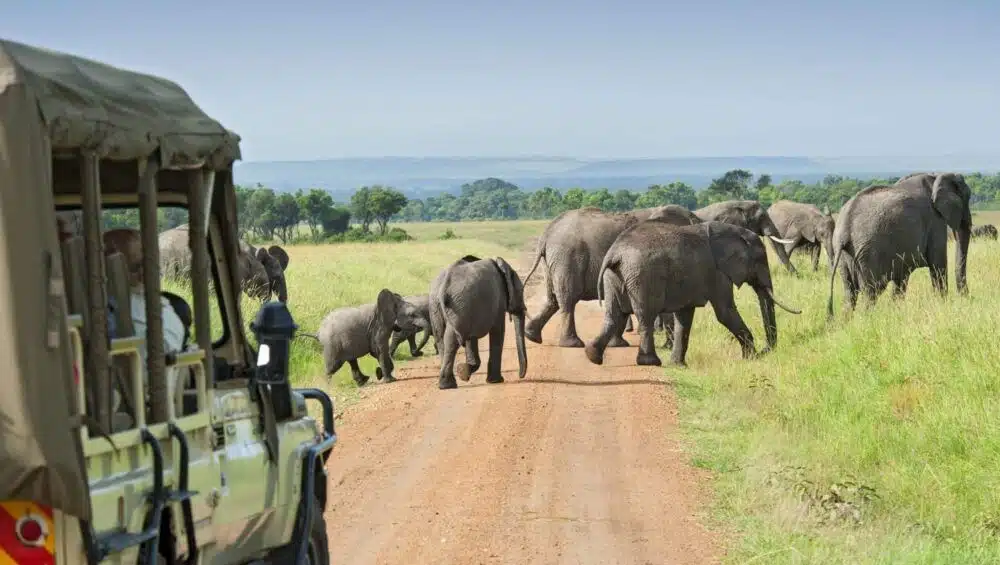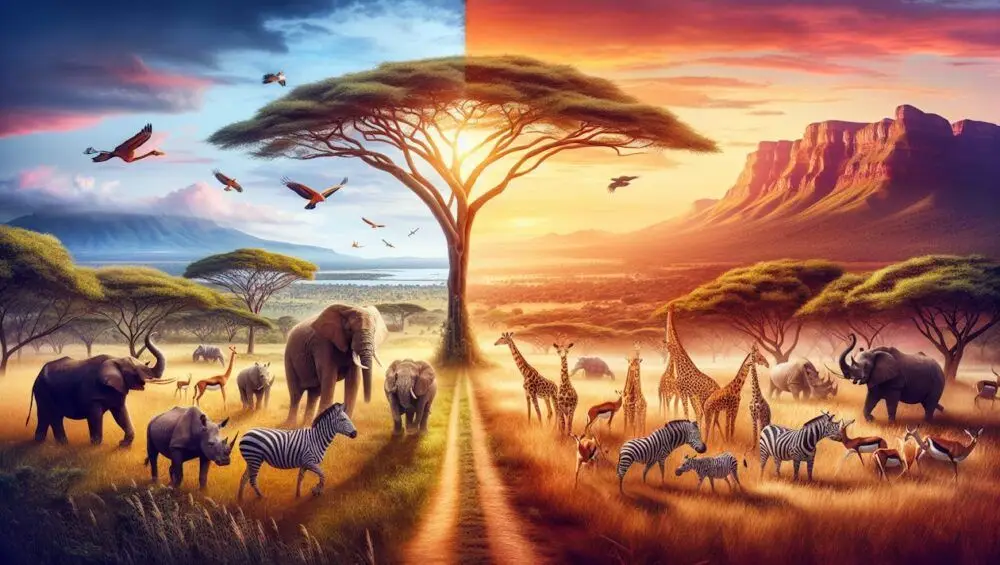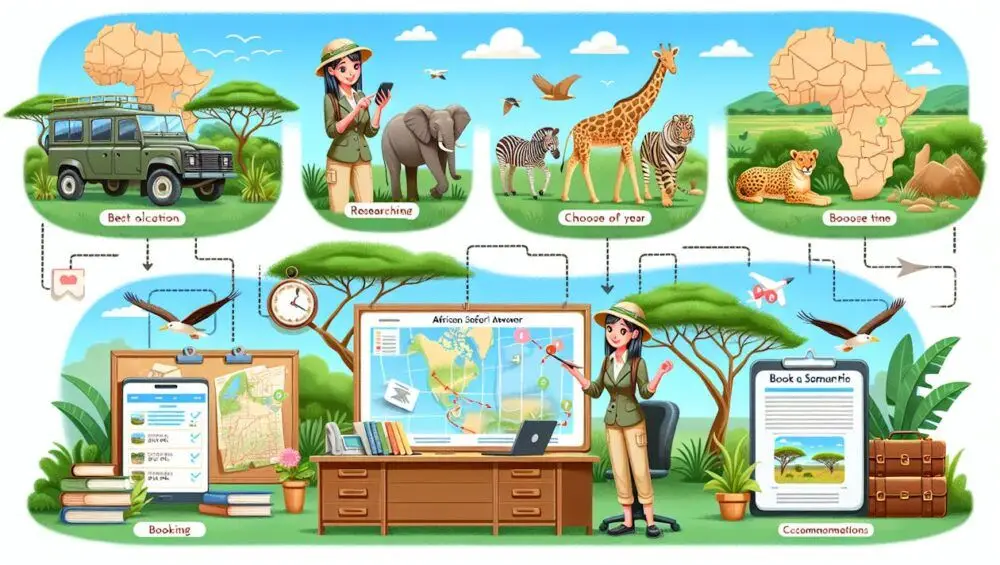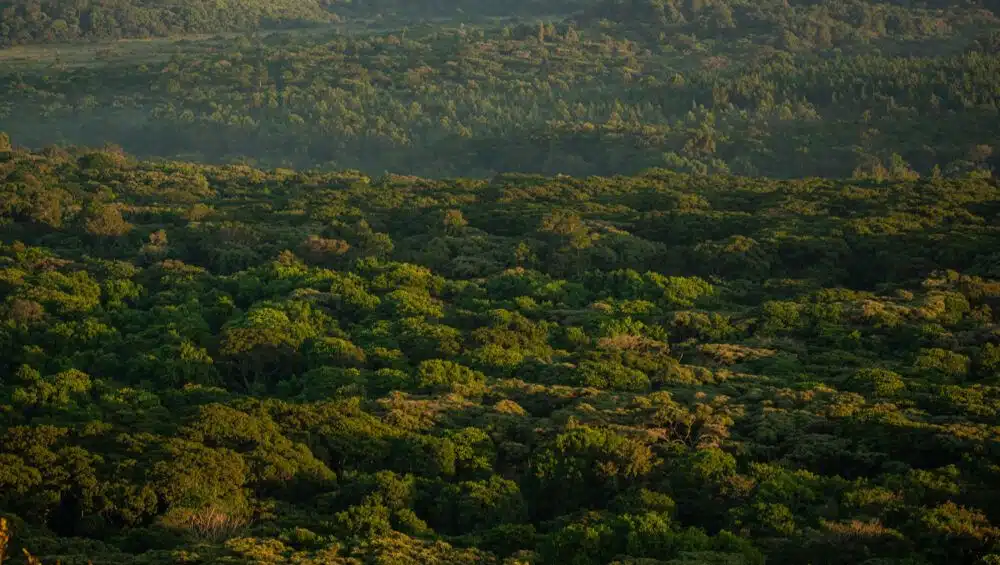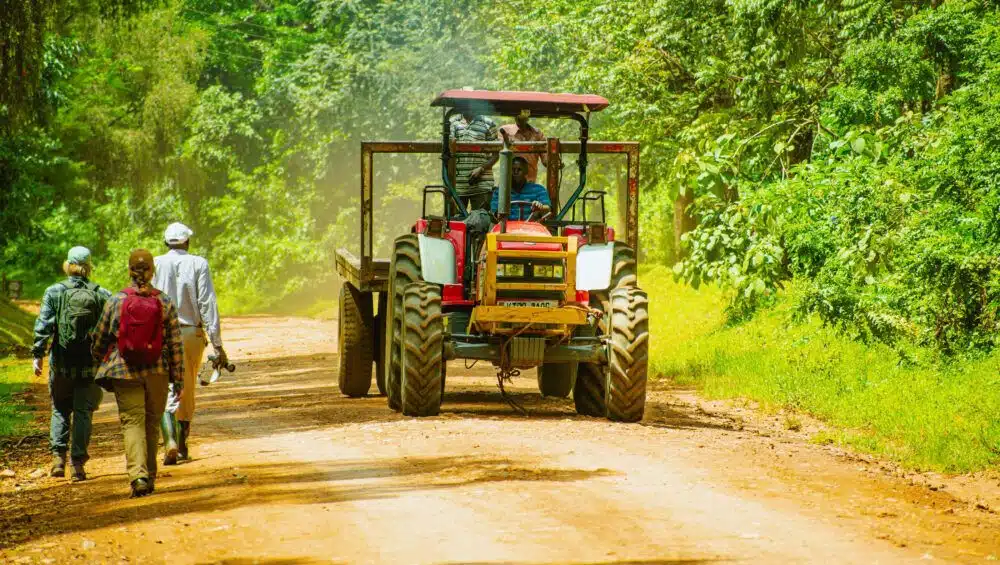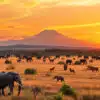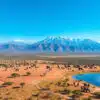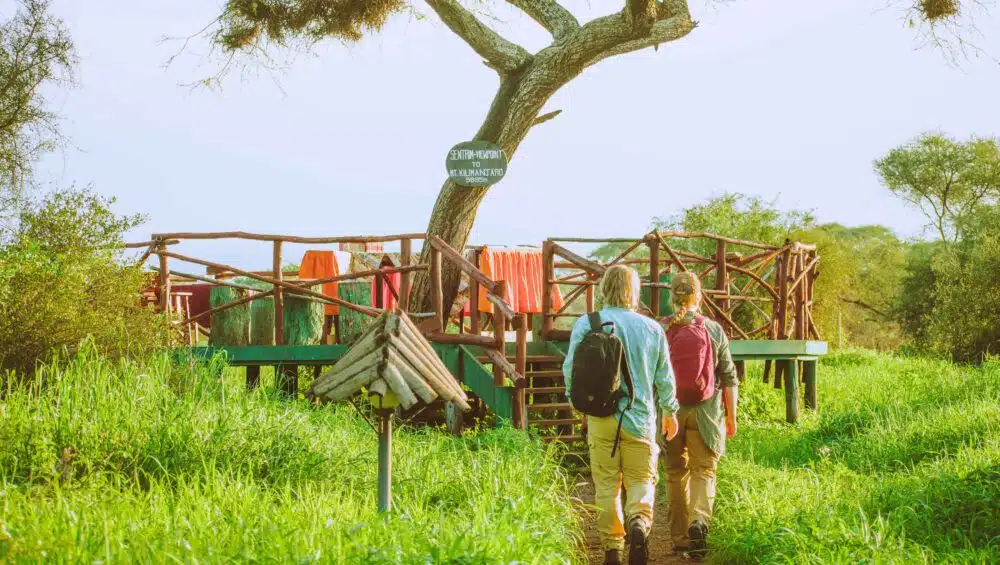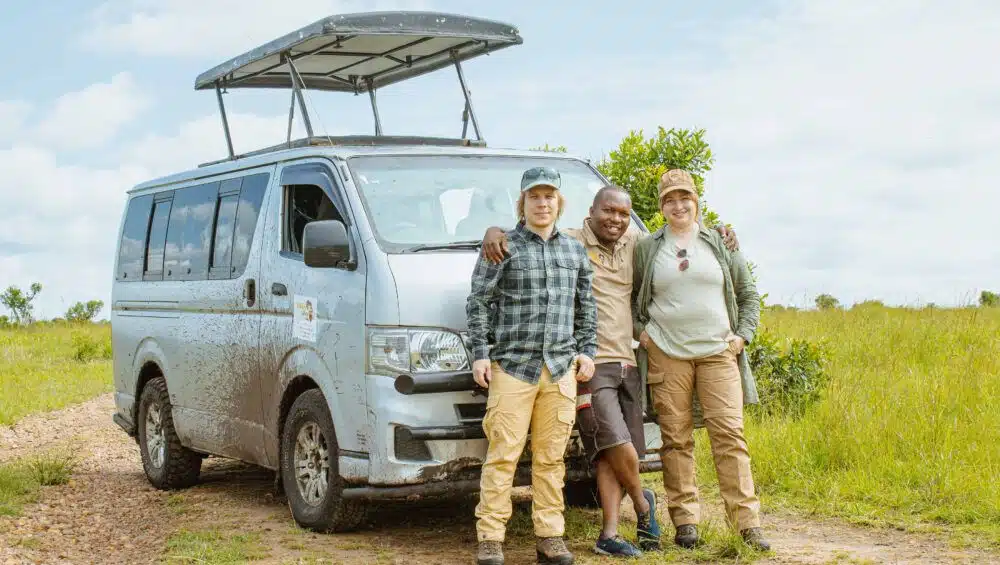Is it ‘Kenya’ or ‘Kenya’? Understanding the Correct Pronunciation
Have you ever found yourself mid-conversation, confidently about to reference Kenya, only to suddenly panic about the pronunciation? It’s like being at the top of a diving board, second-guessing how cold the water is. Is it ‘Ken-ya’ or ‘Keen-ya’? you quietly panic inside. Let’s dive into the correct pronunciation and clear the waters once and for all, shall we?
Addressing the Elephant in the Room
First off, let’s acknowledge that mispronunciations happen to the best of us. Maybe it’s a word you’ve read a thousand times but haven’t said out loud. Or perhaps it’s the differing accents and dialects that throw you for a loop. I once spent a whole dinner arguing that quinoa was pronounced kwi-noah when, fun fact, it’s keen-wah. Just me? Anyway, when it comes to countries, getting the pronunciation right shows respect, so it’s worth a little homework.
So, Is it ‘Kenya’ or ‘Kenya’?
Here’s the scoop: It’s pronounced ‘Ken-ya’. Think of starting with the word Ken, like Barbie’s best guy, and then add a simple ya right after. It’s not drawn out or fancy. That’s it –– no frill, no drama, just ‘Ken-ya’.
Why the Confusion?
For those of us who spend more time juggling languages than circus performers do with balls, English is particularly tricky because it’s such a melting pot of pronunciations. Television, movies, and, let’s not forget, internet influencers from across the globe all influence how we hear and mimic words. With Kenya, the confusion likely stems from different accents and the human brain’s wonderful tendency to overcomplicate.
A Little Bit of Culture
Knowing how to pronounce ‘Kenya’ correctly could save you from a minor embarrassment, but diving a bit deeper into the Kenyan culture can make your conversation even more impressive. Kenya is renowned for its breathtaking landscapes, incredible wildlife, and vibrant cultural diversity. Its people are known for their hospitality and the richness of their traditions, which are just as important to recognize and respect.
Putting it to Practice
Next time you’re discussing travel destinations, world politics, or even marathon runners (because, let’s be real, Kenya has some of the best), confidently say ‘Kenya’. Slip it into a sentence like it’s your friend’s name you’ve known forever because now, it kind of is.
And remember, next time you’re on the dive board of pronunciation, decide swiftly. Even if the water’s colder than you thought, you’ll adjust and become better for it. So, go ahead, say ‘Kenya’ out loud. Feels good, doesn’t it?
To wrap this up, let’s put pronunciation fears to bed. Whether it’s a country, a tricky food item, or an exotic animal, the effort to pronounce it correctly is a sign of respect and curiosity about the world. And who knows? Maybe your correct pronunciation of ‘Kenya’ will ignite a conversation with someone who shares an incredible story from their trip there. In the grand tapestry of communication, every thread counts. Now, you’ve got one more in your weave.
Safe travels in your conversations and remember, it’s the attempts we make to bridge gaps, including linguistic ones, that truly bring us closer. ‘Kenya’ is a great start. Where will you go next?

